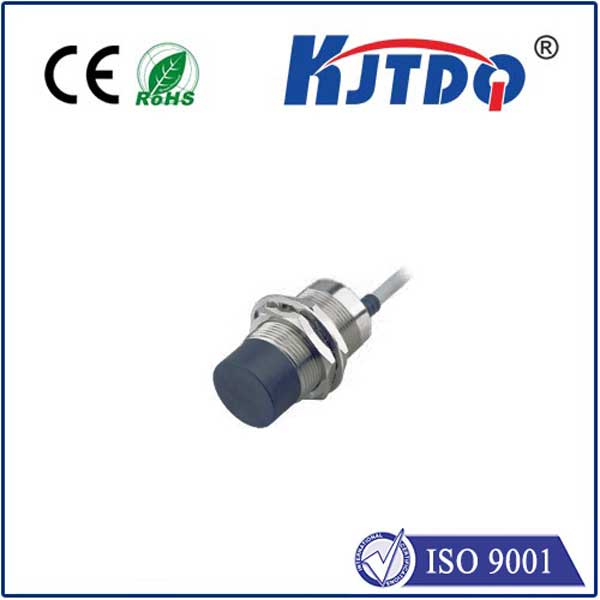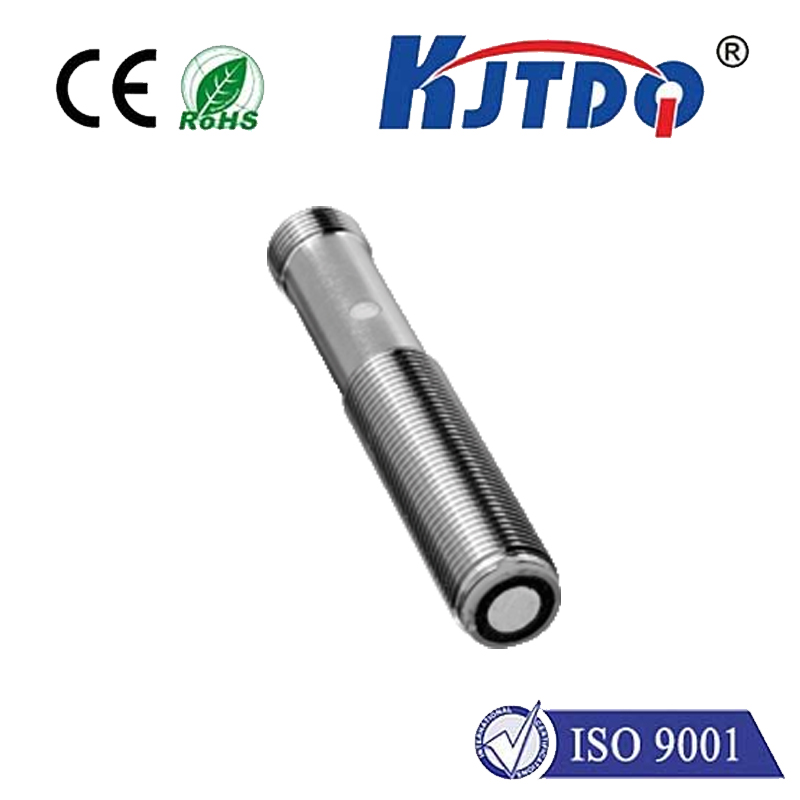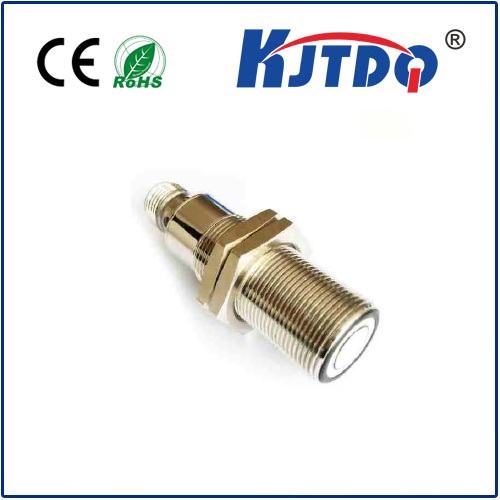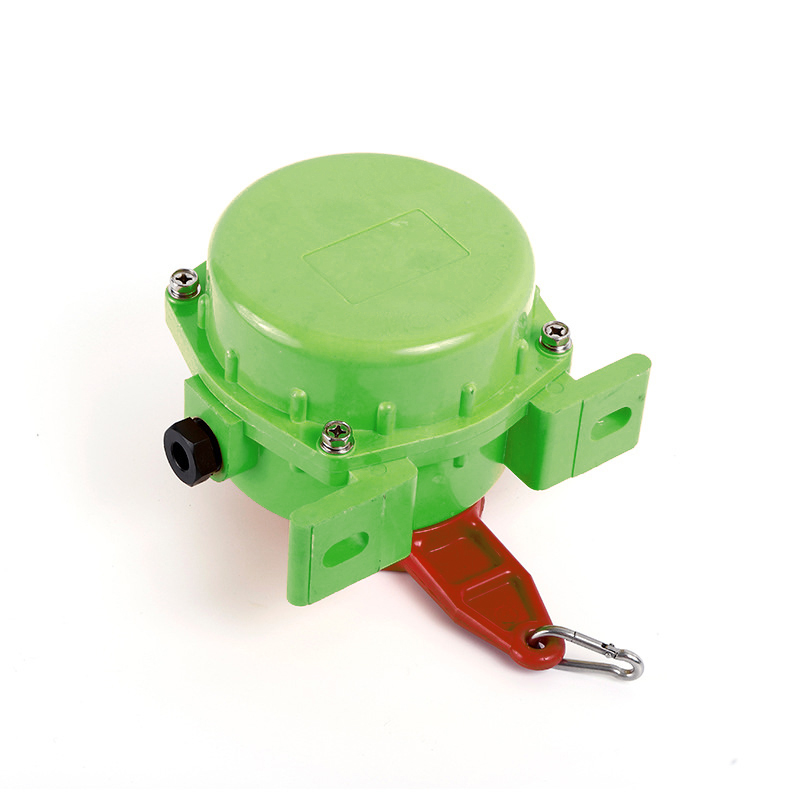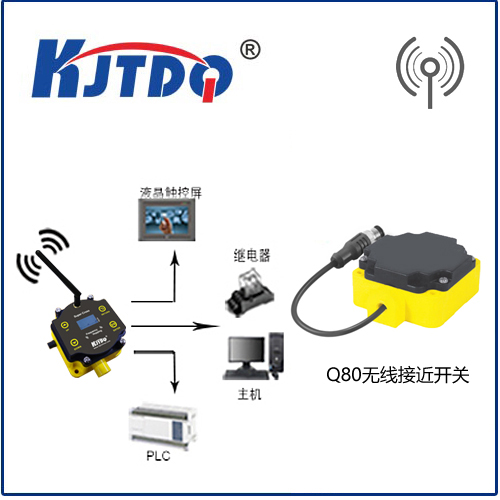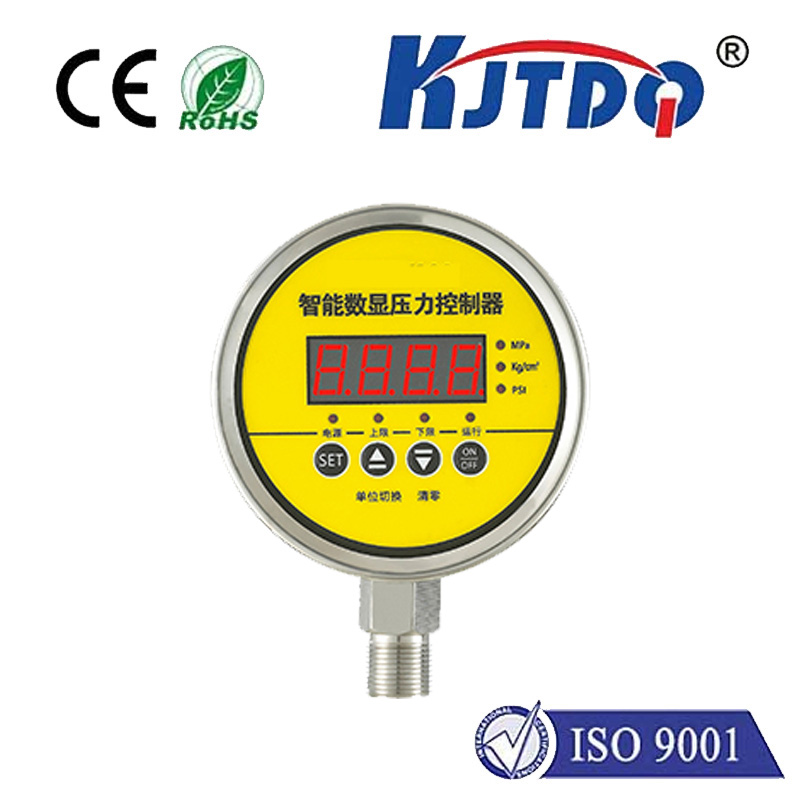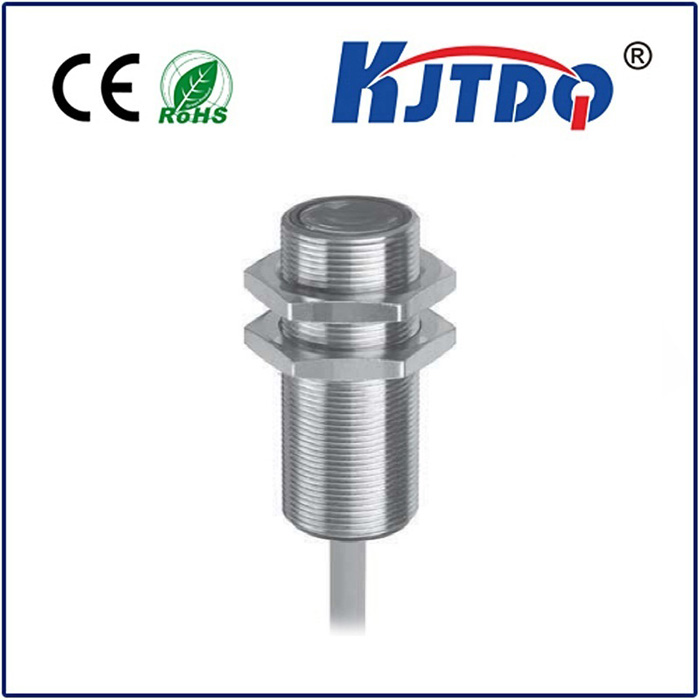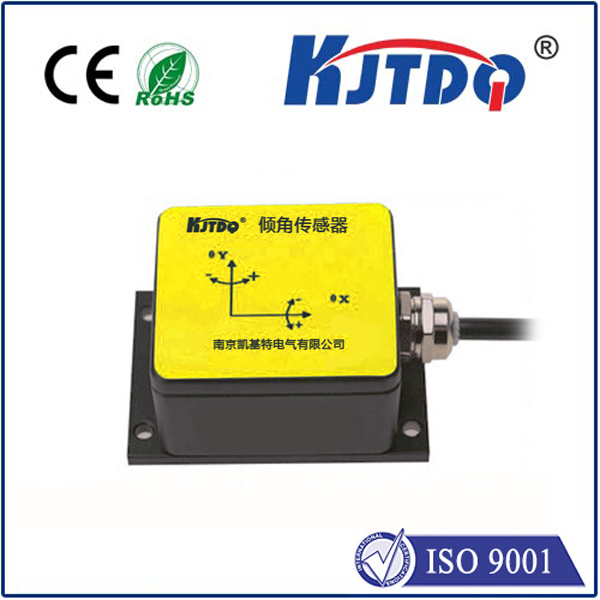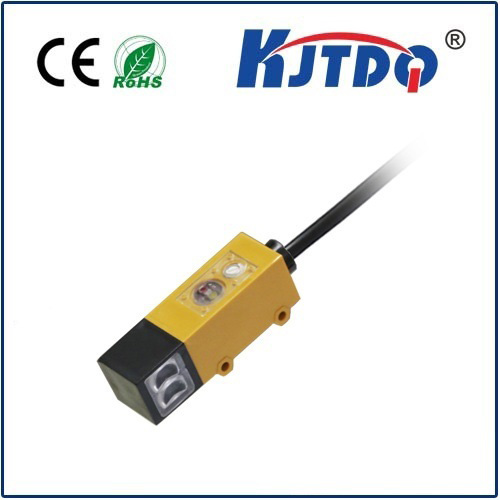
Проверка

Проверка

Проверка

Проверка

Проверка

Проверка
Unlocking Efficiency: The Power of Industrial Proximity Sensors In the modern industrial landscape, efficiency and precision are paramount. One crucial technology that stands out in enhancing operational effectiveness is the industrial proximity sensor. These sensors have revolutionized automation processes, making them indispensable in a multitude of applications. In this article, we will explore what industrial proximity sensors are, how they work, and their significance across various industries.
Industrial proximity sensors are devices designed to detect the presence or absence of an object without physical contact. They operate based on various principles such as capacitive, inductive, and photoelectric methods. These sensors convert the sensed presence into an electrical signal that can be used for further processing or control tasks.
The functioning of an industrial proximity sensor varies according to its type:
Capacitive Proximity Sensors: These detect changes in the electromagnetic field caused by the presence of an object. They are particularly useful for detecting materials with varying dielectric constants, including metals and non-metallic substances.
Inductive Proximity Sensors: Utilizing eddy currents generated within conductive objects, these sensors detect metal objects. They are highly effective in environments where dust, moisture, or other contaminants might interfere with sensor performance.

Photoelectric Proximity Sensors: These operate using light beams to detect objects. When an object interrupts the beam (in the case of through-beam sensors) or reflects light back to the sensor (retro-reflective or diffuse-reflective types), the sensor generates an output signal.
The versatility of industrial proximity sensors makes them essential across diverse sectors:
In manufacturing plants, proximity sensors are critical for monitoring the presence of components during assembly lines, ensuring accurate placement and quality control.
These sensors assist in the precise assembly of automotive parts, from aligning mirrors to detecting door closures, ensuring safety and consistency.
Proximity sensors streamline packaging operations by detecting product levels, monitoring conveyor belt speeds, and managing the flow of goods through automated sorting systems.
In robotics, proximity sensors enable machines to navigate complex environments safely and efficiently, avoiding obstacles and interacting with their surroundings seamlessly.
They play a vital role in heating, ventilation, and air conditioning systems, helping in temperature regulation and energy management by detecting environmental conditions accurately.
By providing accurate detection without physical contact, proximity sensors minimize errors and enhance the overall precision of industrial processes.
Engineered to withstand harsh industrial environments, these sensors offer robust performance and longevity, contributing to consistent operation and reduced maintenance costs.
Proximity sensors improve workplace safety by preventing collisions and ensuring that machinery operates only when objects are appropriately positioned or cleared from dangerous zones.
Automating processes with industrial proximity sensors leads to increased productivity and cost savings over time, reducing the need for manual intervention and minimizing downtime. In conclusion, the industrial proximity sensor stands as a testament to technological advancement in industrial automation. As industries continue to evolve, the role of proximity sensors is set to become even more pivotal, driving innovation and efficiency forward. Investing in high-quality proximity sensors is not just a matter of operational excellence but also a strategic move towards future-proofing industrial operations.
